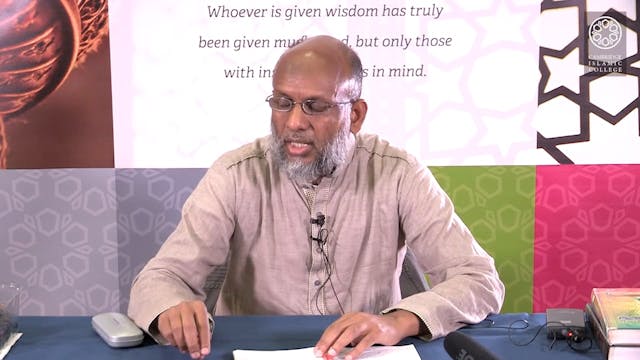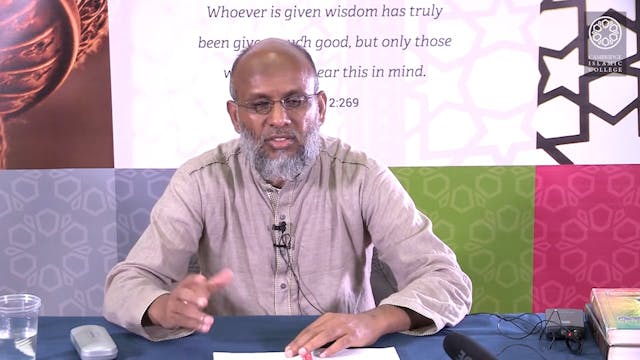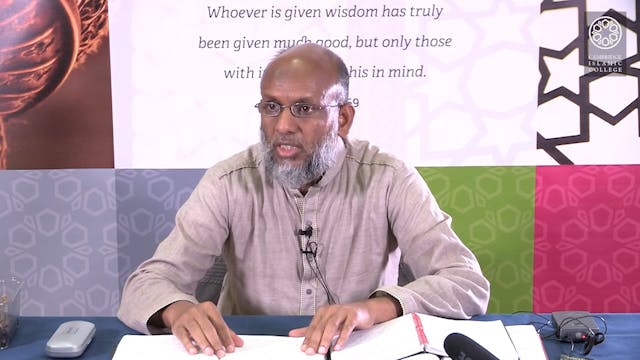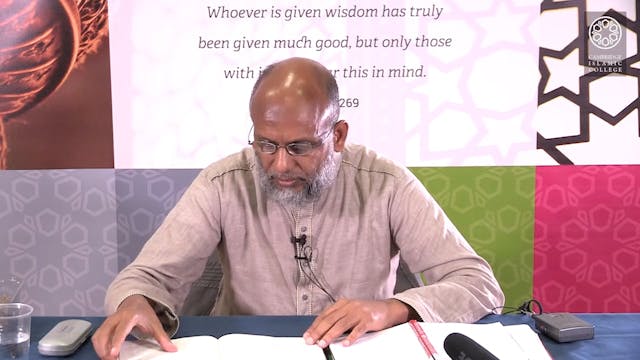The Real Fiqh of Zakat
Zakat is the third pillar of Islam coming even before the Fast of Ramadhan and Hajj to the House of Allah. As such, it’s importance cannot be overstated. Zakat can also be the most complicated pillar of Islam, especially in modern times where wealth, investments and finance can take a variety of new forms as can the recipients. For us, living in the West, there is the additional dimension of living as a minority. Just a few of the questions we may have include:
• How should we allocate Zakat? Who should have priority?
• Can Zakat be given to educational institutions?
• Can Zakat be sent to other countries or must it be spent locally?
• How should we organise Zakat distribution within Muslim communities in the West?
• How should Zakat be calculated on investments such as stocks, pension schemes, properties etc.?
• Is there Zakat on any personal effects? If so, on what and how is it calculated?
• How is the nisab and the ‘time period’ determined for perpetual income/savings?
• Should each and every income be recorded to determine Zakat or is there an easier way?
• Is it better to give Zakat to individuals or to organisations?
• How is Zakat calculated on trade and business?
• Is there Zakat on jewellery? If so, how is it calculated?
No doubt, there are many more questions. The answers for these questions lie in understanding the purpose and the principles of Zakat. It is this understanding that unravels the complexities of Zakat.
-
The Real Fiqh of Zakat Part1
-
The Real Fiqh of Zakat Part2
-
The Real Fiqh of Zakat Part3
-
The Real Fiqh of Zakat Part4





